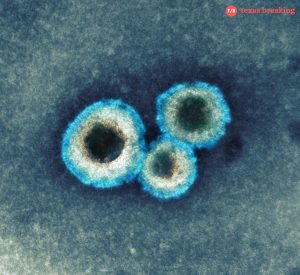Science has a way of presenting real information and connecting dots that people probably never saw joining. Who would have guessed, for example, that there would be a connection between those who opted not to acquire the COVID-19 vaccine and incidents involving vehicles? The evidence proving that such a correlation does in fact exist is shared in a recent study that was published in The American Journal of Medicine.
COVID-19 Immunization Records
Over 11 million COVID-19 immunization records of adults over 18 who would be licensed, from a variety of social, economic, and health backgrounds, were analyzed by Canadian researchers for the study. 1 760,000 (16% of those 11 million) people were not immunized.
Researchers then went through data to find unvaccinated people who potentially have conditions like dementia, diabetes, sleep apnea, and alcoholism that are associated with driving hazards. They next looked into the traffic accident side of things. These circumstances included those that resulted in patients being taken to the emergency room, the time and day, the use of an ambulance, and a “triage severity score.”
Researchers were able to determine that those who hadn’t received the COVID-19 vaccination had a higher probability of being involved in car accidents after taking all those factors into account. However, immunization was not the reason. In reality, there is a connection between the hazards of decision-making and judgments about being vaccinated and whether or not to respect traffic regulations.
This is not mean that if you didn’t get a shot, you’ll be involved in or start a traffic accident. That is not how the correlation operates. Researchers came to the conclusion that those who were reluctant or unwilling to “defend themselves” with the vaccination were more inclined to disregard traffic regulations. And there are statistics to support that.

Not Immunized
At least 72% of those who were not immunized had a higher risk of being in a serious auto accident. When the research noted that the proportion was “comparable to the relative risk linked with sleep apnea,” these figures appear worse, yet they are still not as awful as those who misuse alcohol. The researchers noted that the danger “exceeds the safety advantages from current automotive technical developments and also imposes risks on other road users,” yet the risk is still present.





